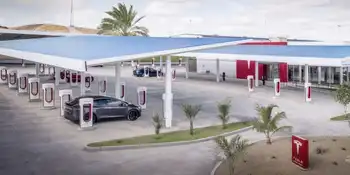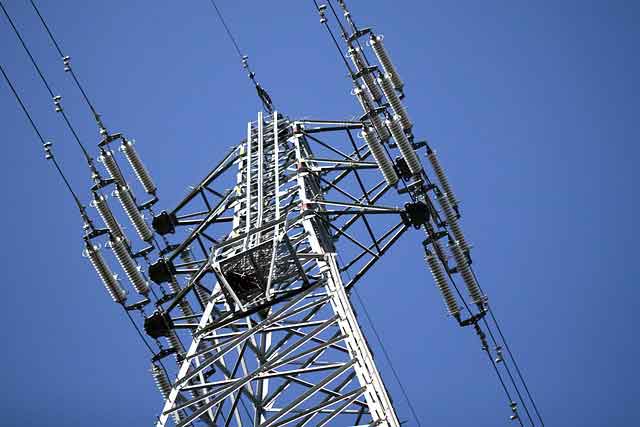India cautiously welcomes U.S. nuclear deal approval
NEW DELHI, INDIA - India welcomed the U.S. House of Representatives' initial approval of a landmark civilian nuclear cooperation deal but said the accord had a long way to go before it was fully sealed.
The U.S. chamber recently approved the controversial deal with an overwhelming 359-68 vote. Lawmakers rejected amendments that aimed to curb India's nuclear weapons program.
"The passage of the bill... by a large margin of bipartisan votes in the U.S. House of Representatives demonstrates the broad political consensus in the U.S. in the promotion of Indo-U.S. relations," Indian Foreign Ministry spokesman Navtej Sarna said.
"We must, nevertheless, await the finalized text of the legislation which will emerge after a Senate vote and the reconciliation of the two bills, before we are able to comment on its contents," he said.
Under the deal, India will get access to U.S. nuclear fuel and equipment - barred so far as New Delhi has not signed the nuclear non-proliferation treaty and conducted nuclear tests - to meet its soaring energy needs.
However, it also needs to be approved by the U.S. Senate and a vote is not expected until September. The House and Senate would vote again after negotiations on the technical details of the agreement are completed.
India must also complete negotiations with the International Atomic Energy Agency on a system of inspections for its civilian nuclear sites and the 45-nation Nuclear Suppliers Group must change its regulations to allow nuclear transfers to India.
The deal has been strongly criticized by the non-proliferation lobby in the United States. Experts say the agreement would allow India to produce nuclear weapons easily because it frees its domestic atomic supplies for military use.
It has also been attacked in India with supporters of Prime Minister Manmohan Singh's government, as well as the opposition, accusing New Delhi of submitting to tough conditions imposed by Washington and compromising its nuclear security.
Singh said the U.S. legislative process was still on and New Delhi remained concerned about some aspects of the deal which are seen as trying to impose curbs on India's nuclear program.
"All I can say is if the United States' legislative process leads to an end product which is not consistent with what we have committed, that would be the determining factor of what we will do next," Singh told parliament.
"It is for the United States government to ensure that... what is contemplated is within the parameters of the July 18 statement," he said, referring to a 2005 pact with President George W. Bush when the deal was first agreed in principle.
Analysts said the recent vote in support of the deal reflected the strong efforts by the U.S. administration and New Delhi in convincing Congressmen about the pact's benefits.
"At a political level, the importance of India has been acknowledged and we can see it in this vote," said C. Raja Mohan, strategic affairs editor at the Indian Express newspaper.
"The vote is an extraordinary demonstration of huge bipartisan political support for the deal in the United States."
The next approval process, though, could be tougher.
"The bill still has to be passed by the Senate and that is where the challenge will be as that is where all the non-proliferation advocates are," said R.R. Subramanian, an independent nuclear expert.
Related News

Bruce nuclear reactor taken offline as $2.1B project 'officially' begins
TIVERTON, ONT - The world’s largest nuclear fleet, became a little smaller Monday morning. Bruce Power has began the process to take Unit 6 offline to begin a $2.1 billion project to replace all the major components of the reactor.
The reactor, which produces enough electricity to power 750,000 homes, will be out of service for the next four years.
In its place, hydroelectric power and natural gas will be utilized more.
Taking Unit 6 offline is just the “official” beginning of a 13-year, $13-billion project to refurbish six of Bruce Power’s eight nuclear reactors.
Work to extend the life of the nuclear plant…




